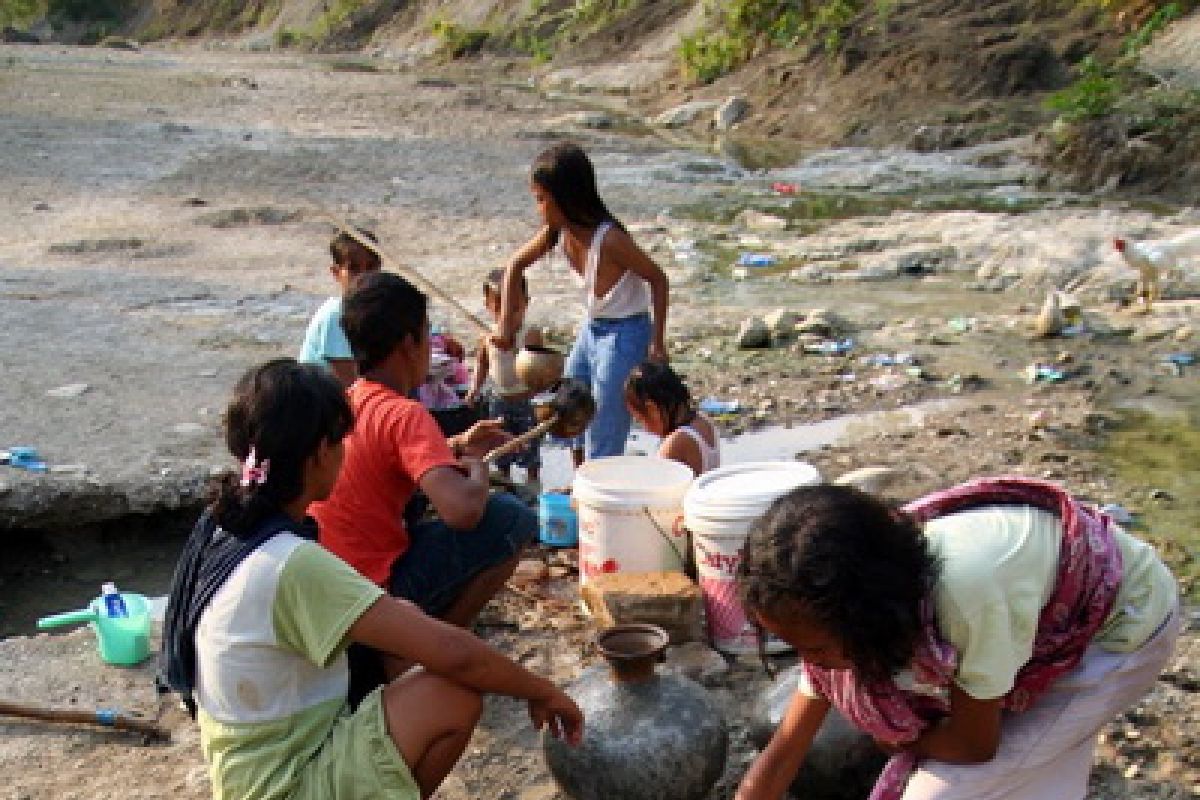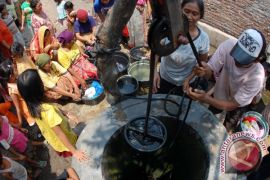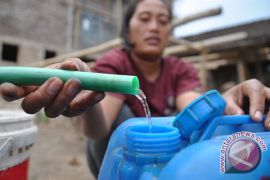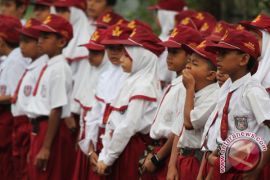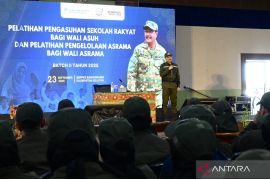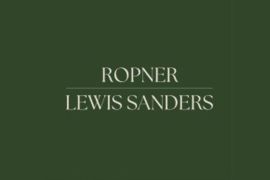(PCRWR), details of which have appeared in the media, 82 percent of water sources tested in 24 (of the country`s more than 100) districts across all four provinces, provided water that is unsafe to drink.
The report, which has yet to be formally released, is based on a five-year study and notes that 250,000 children die in the country each year as a result of diarrhea disease originating from impure water.
PCRWR Chairman M. Aslam Tahir told the media the study was `comprehensive` and that he did not need to make further comments. Previous studies have also found poor water quality in urban centers.
`The findings seem to be accurate. Due to policies over past years, there has been widespread contamination of water sources. Poor governance adds to the problem and people are basically helpless,` Khalid Hussain, an Islamabad-based expert on water issues, told the UN humanitarian news service.
He also said the problem could be solved only by `adopting indigenous methods`. He added that indigenous methods have been devised and are being used, but on an extremely small scale.
Poverty and a lack of awareness on the part of people add to the issues involved in accessing safe water.
According to experts, growing water scarcity adds to the problems associated with the availability of safe water in the country.
The PCRWR said Pakistan is also facing water shortage, with an estimated 44% of population without access to safe drinking water and up to 90% of population even lacks such access in rural areas.
A spokesperson PCRWR said an average of 25.61 % of Pakistan `s 159 million inhabitants have access to safe and sufficient drinking water.
She further said that safe water alone can reduce diarrhea and other related diseases by up to 50%, but an estimated 62% of Pakistan `s urban population and 84% of the rural population do not treat their water.
According to an estimate, one hundred million cases of diarrheal diseases were being registered for treatment in hospitals of Pakistan in one year.
(T.A051/H-AK)
Editor: Priyambodo RH
Copyright © ANTARA 2011
